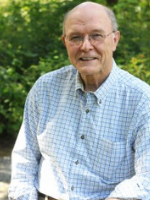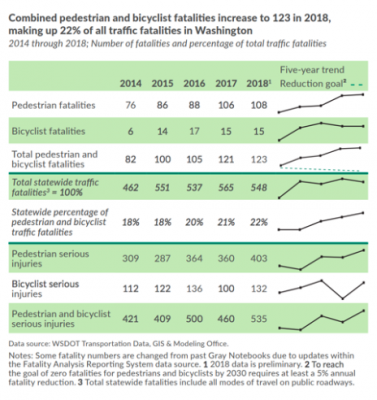The upcoming 2020 Washington state legislative session will be 60 fast and furious days short. Washington Bikes has a full legislative agenda, addressing top issues to make communities across the state safe and accessible by bike. Read on and save the date now for our 2020 Bike Lobby Day (Jan. 22) to help ensure our state legislators follow through on maintaining funding levels and passing laws that matter for people who bike.
Washington Bikes Legislative Agenda:
#1: Investments: Short Session, Mammoth Funding Issues to Address
Washington Bikes will be working to protect critical funding for essential bike and pedestrian safety projects now at risk due to the passage of I-976. Typically, the “short”, 60 day session – the second year of a biennium budget – would be focused on fixing adjustments or errors made during the previous big budget year. But, due to the passage of I-976 on the November ballot, Washington is facing dramatic uncertainties in funding for our statewide transportation system. The state’s approach to filling the funding shortfall created by I-976 is still in flux, but one thing is clear: I-976 will require state legislators to make hard decisions this session in order to cover an anticipated and significant hole in the multimodal transportation account.
The multimodal transportation account dedicates funds for transportation including rail, ferries, transit, biking and walking. It’s the primary state funding source for biking and walking investments and contains projects funded through the 2015 Connecting Washington transportation package, which allocated historic levels of funding for bike and pedestrian infrastructure, as well as Safe Route To School, Bike and Pedestrian grant programs, and the Bike and Pedestrian project list.
#2: Policy: A New Law to Keep People on Bikes Safer – The Safety Stop
Washington Bikes will lead efforts on new legislation to make a simple, intuitive change that will give people on bikes the right to treat a stop sign as a yield. “The Safety Stop” is sometimes described as a rolling stop or the Idaho Stop. The Safety Stop increases safety at intersections by allowing a person bicycling to avoid waiting in the blind spot of a motor vehicle and to get out ahead of following motor vehicles, creating space and less likelihood for interaction between them. Similar legislation has passed in Idaho, Delaware, Arkansas and most recently Oregon. Senator Andy Billig (6th LD, Spokane) and Representative Joe Fitzgibbon (34th LD, Burien) are the prime sponsors in the Senate and House. We’ll be sure to keep you updated as the bill is introduced and moves through the legislative process.
#3: Policy: Health as a Goal in Transportation Investments
This session Washington Bikes will support legislation to include the concept of “health” in the state transportation system policy goals. This effort will ensure WSDOT considers health outcomes in future transportation investments. We know that when people have the opportunity to bike to school or roll to the grocery store, it’s a boon for their health and the cumulative health of their community. Currently, 29 percent of adults and 12 percent of our 10th graders are obese, with significantly higher rates in populations with lower income and lower education. People who are active are more likely to maintain a healthy weight and less likely to develop chronic diseases.
Add Your Voice on Bike Lobby Day
We need your help to advance our 2020 legislative agenda! Wednesday, January 22 is Washington Bikes’ Lobby Day at the state Capitol in Olympia. Together we’ll let our state officials know why safe, healthy communities connected by bike matter. Join us for a fun, impactful day to ensure that your state legislators hear from you regarding critical issues like the funding crisis I-976 has created, and about how active transportation must be prioritized as budget cuts or project delays are considered. RSVP here to get updates ahead of Lobby Day and stay in the loop on what to expect.
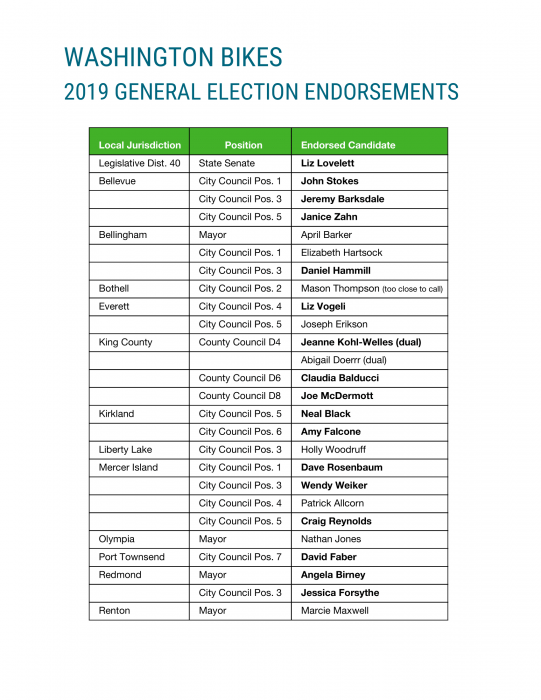
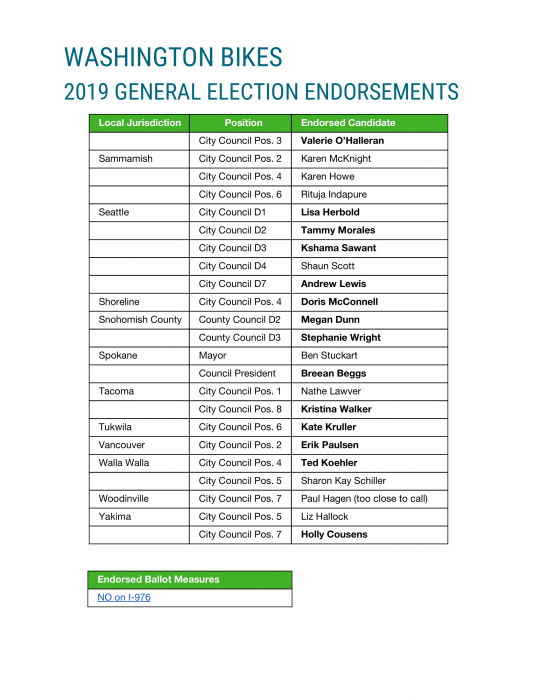
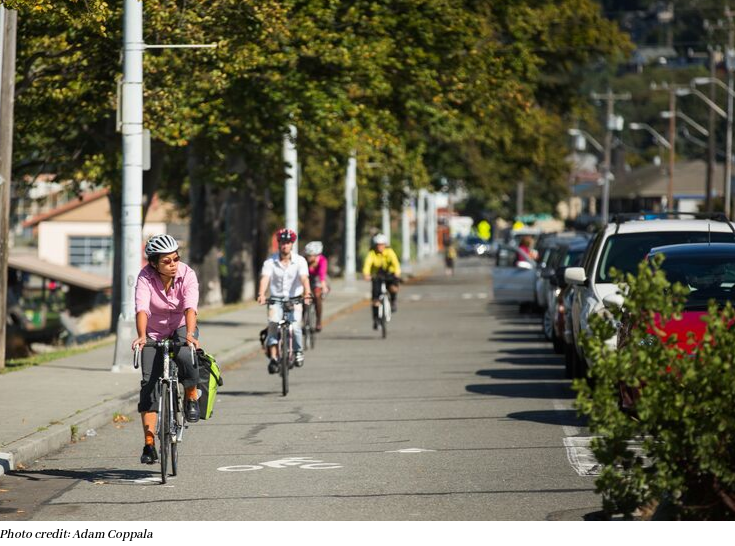
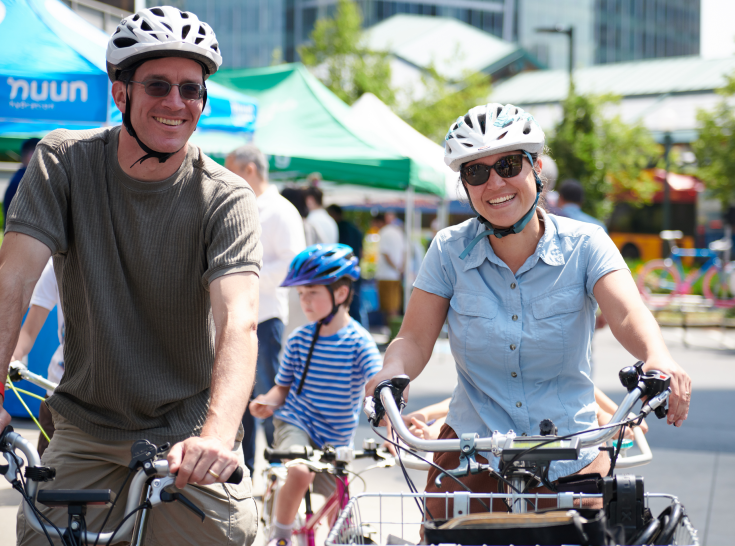
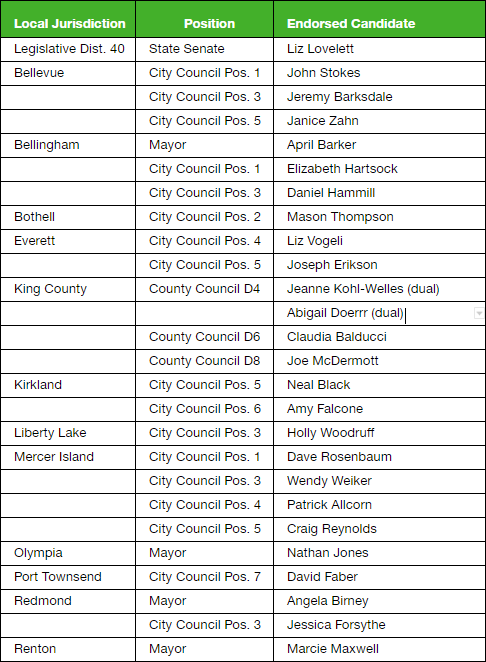
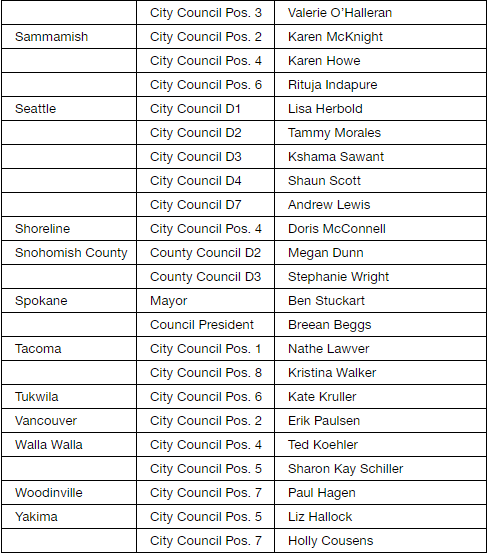

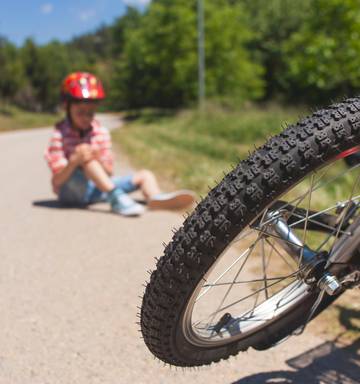
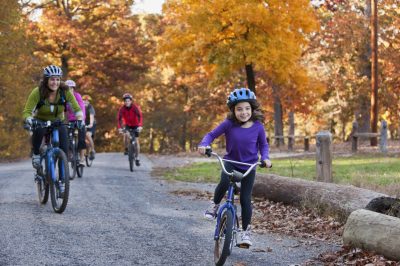
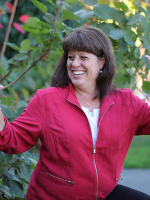 Claudia Balducci
Claudia Balducci